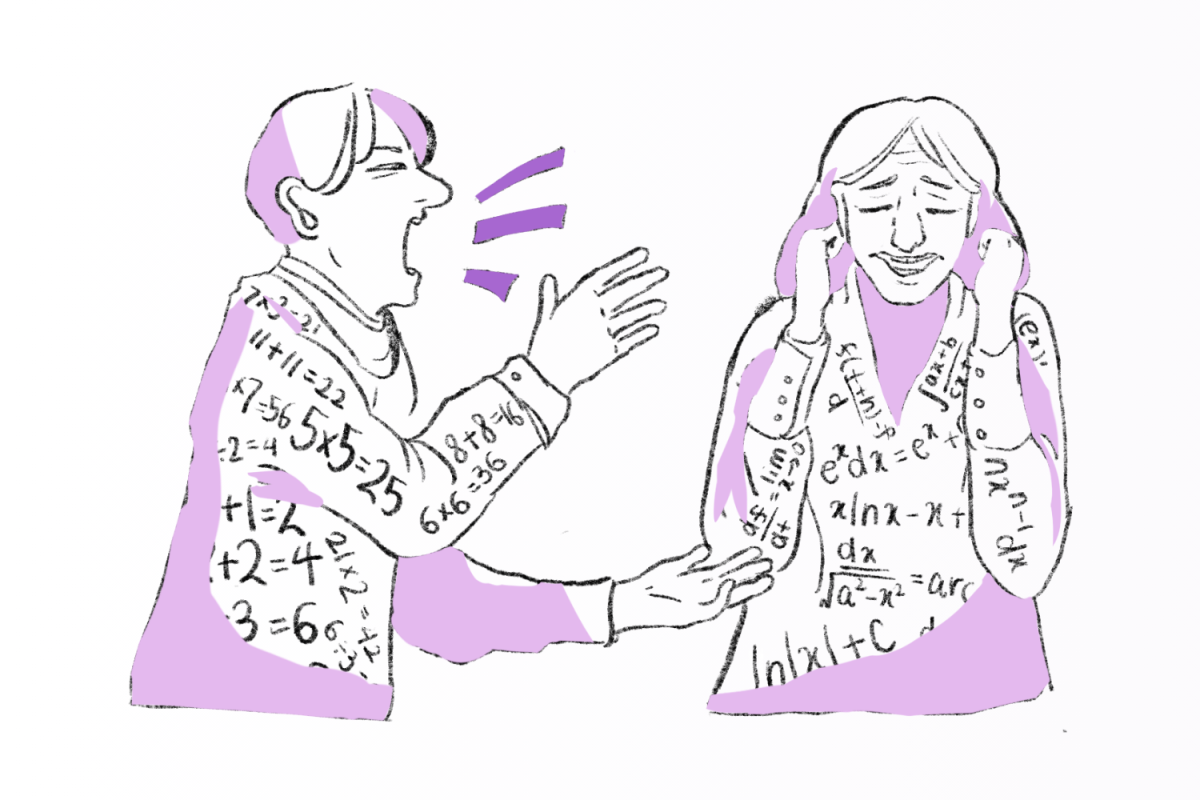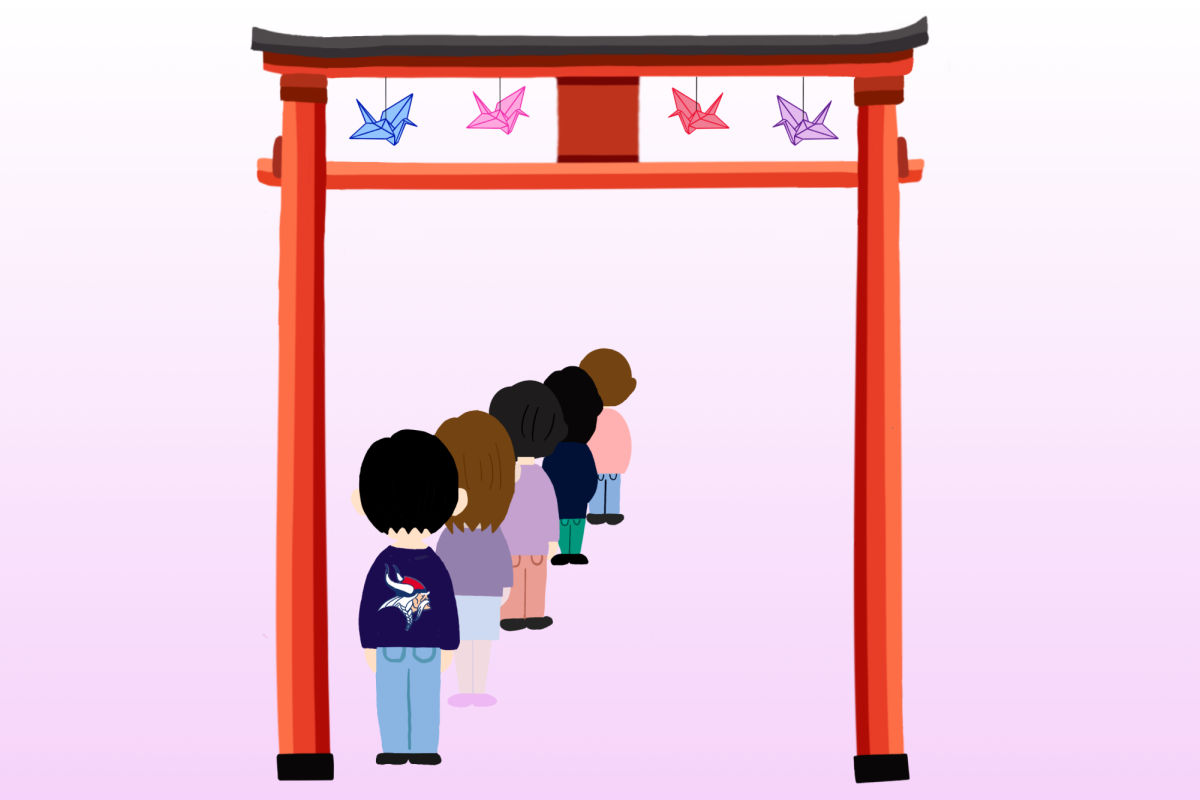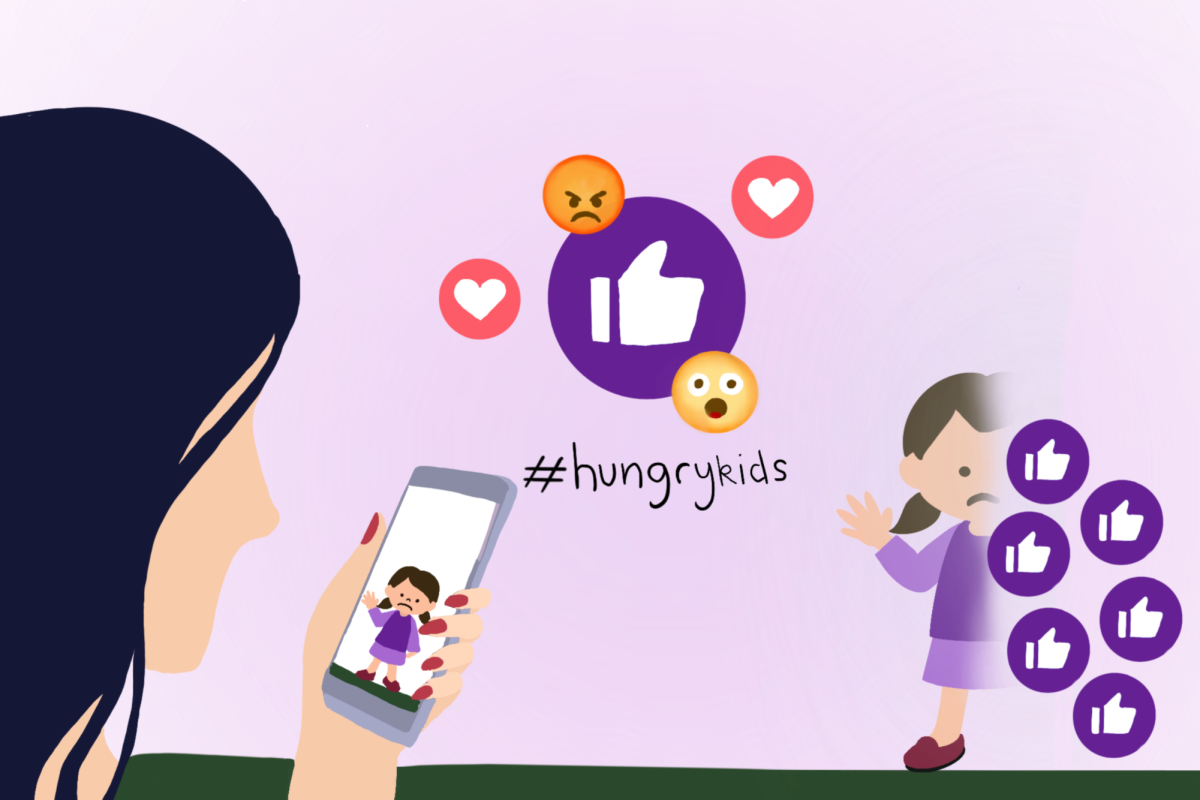“Global Warming is a Hoax!” “Airpods cause cancer!” “93% of students pass AP Chinese,
it’s so easy!” In today’s era, it is not uncommon to hear generalizations from our politicians,
celebrities, influencers, friends and family. Humans are prone to experiencing the Illusion Of
Explanatory Depth, a phenomenon in which people strongly believe that they understand
complex matters more than they actually do, which affects preferences, judgments and voting.
“People often know something in the sense that they are acquainted with it or familiar
with it, but they don’t have a deep conceptual understanding of it,” said Daniel Zelinski, a
philosophy professor at Richard Bland College of William & Mary. “Occurs when someone
overestimates what they do understand.”
The concept of IOED was introduced in a 2002 study by Dr. Leonid Rozenblit and Dr.
Frank Keil. A pool of Yale University graduate students was asked to rate their knowledge on a
scale of one to seven regarding a series of 48 objects. They were then asked to write a detailed
explanation about one of those objects and rate their comprehension of its inner workings once
again. After being confronted with their ability to describe their supposed understanding, all of
the participants rated their knowledge an average of one to two points lower than their original
rating.
IOED can influence many choices that one might take for granted. Zelinski believes that
personal experiences of IOED are often influenced by a self-important analysis of one’s
knowledge which can result in a reluctance to seek professional advice for these day-to-day
decisions.
“People tend to believe that they understand their own mental and physical health, and
when there’s an issue, they think they know what’s wrong and how to fix it,” Zelinski said. “As a
result, they’ll end up not investigating or seeking help, which can be harmful.”
It can be beneficial to recognize IOED in situations where the effects of decisions are
impactful for society as a whole. For instance, people can often make uninformed political
decisions regarding candidates or policies they support that they would otherwise not fully
endorse if they knew more information about the topic.
In a study conducted at the University of Colorado Boulder’s Leeds School of Business,
psychological scientist Phillip Fernbach and his colleagues revealed prevalent evidence of IOED
regarding participants and their political stances. In the study, participants were instructed to
write detailed examples of how two of their political stances could be implemented. They were
not asked for value judgments about the policy but were asked to give a detailed description of
the mechanics of the policy in action. The majority of the participants tried and failed to explain
complex policies, resulting in more moderate stances for those participants. In turn,
participants were forced to confront their ignorance or realize their blind spots. In a separate
experiment, Fernbach had people list reasons for supporting a certain policy. Participants only
had to talk about their personal views, which in many cases reinforced their original beliefs or
views.
As seen through the study, IOED can also be exacerbated by a lack of exposure to diverse
opinions and ideas. An insulated community that never seeks to challenge their opinions can
lead to one feeling overly confident in their knowledge of a topic, despite not doing much actual
research.
“Isolation from others’ opinions is compounded by the segregation of communities into
people who only agree with each other,” Zelinski said. “This doesn’t give us opportunities for
recognizing our own limitations around understanding”
While many polarizing political debates run rampant in society today, it’s often
overwhelming to truly dive deep into researching a topic of interest. However, people aren’t
often conscious that the oversimplification of such topics includes bias. Because people don’t
truly understand and form opinions based on the story supported by unbiased data, extreme
views tend to form. In a vicious cycle of such illusion and political extremism, society becomes
progressively more polarized politically. While many politicians tend to gain public support
through policies and ideologies they endorse, the media is overpopulated with bold and
oversimplified statements about complex issues, from immigration to climate and
environmental policy. What’s more, IOED can lead people to vote based on misrepresented
moral values or belief systems.
“Students are on TikTok and Instagram so much that when they see a headline and
oversimplified post they automatically adopt the opinion of the post,” junior Himani Kunjal said.
“Then they believe they have the full scope of a political topic.”
The humbling experience of being caught off guard by a lack of understanding is a
common one. Zelinski recognizes that this is an unavoidable circumstance; however, he believes
that there are ways to combat one’s own bias.
“Awareness is a helpful first step,” Zelinski said. “Recognizing that your ignorance is not
something to be ashamed of and being aware that this is a common psychological bias that
people have can help you notice where you’re experiencing it.”











































































